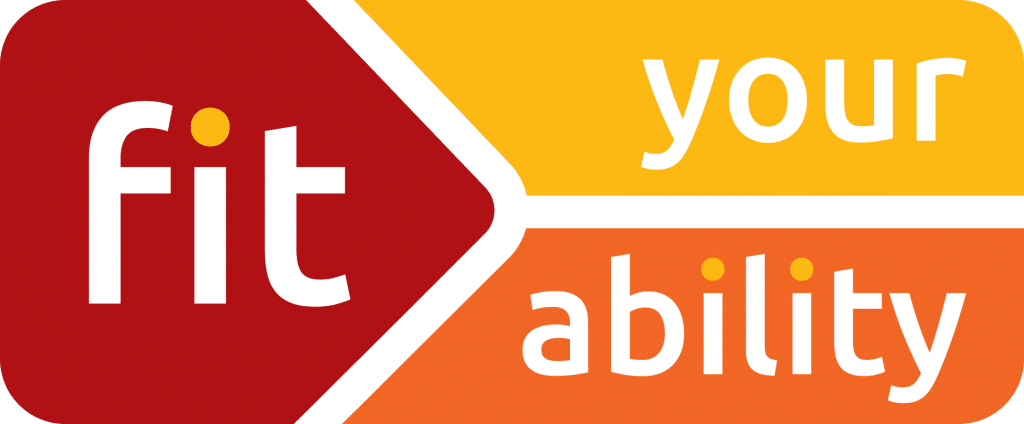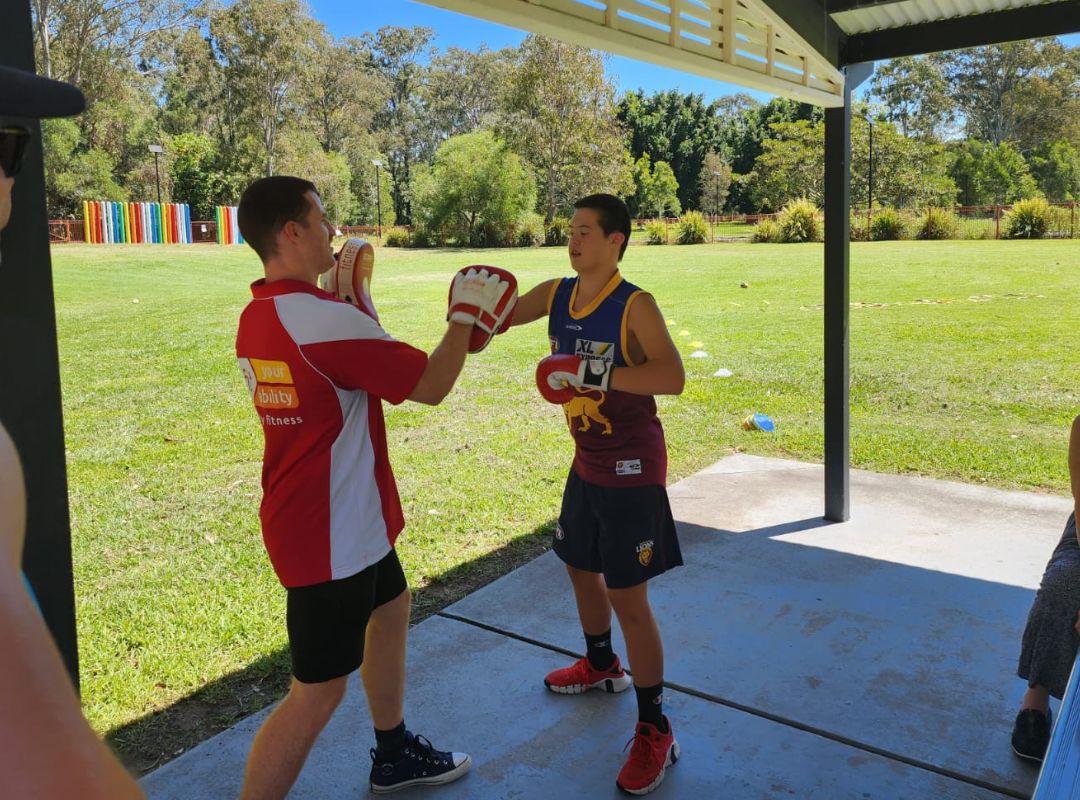What’s the Best Exercise for Autism?
Exercise is essential for everyone, but for individuals with autism, it can have even greater benefits. Physical activity helps improve motor skills, social interaction, mood regulation, and overall well-being. However, the best type of exercise varies based on personal preferences, sensory needs, and physical abilities. In this blog, we’ll explore the best exercises for autism and how they can positively impact individuals on the spectrum.
Benefits of Exercise for Autism
Engaging in regular physical activity provides numerous benefits for individuals with autism, including:
- Improved motor skills – Enhancing coordination, balance, and strength.
- Reduced anxiety and stress – Helping with emotional regulation and reducing meltdowns.
- Better social skills – Encouraging interaction in group activities.
- Enhanced focus and concentration – Improving attention span and cognitive function.
- Increased body awareness – Helping with sensory integration and movement control.
Best Exercises for Autism
The best exercises for individuals with autism should be engaging, adaptable, and enjoyable. Here are some of the most effective options:
1. Swimming
Swimming is one of the best exercises for autism due to its calming effect and sensory-friendly environment. The water provides gentle resistance, improving muscle tone and coordination. It also reduces stress and anxiety, making it an excellent choice for individuals who struggle with overstimulation.
2. Yoga and Stretching
Yoga helps with relaxation, body awareness, and flexibility. It can also teach breathing techniques that promote self-regulation. Simple poses and guided movements can help individuals with autism feel more connected to their bodies.
3. Boxing for Autism
Boxing is an excellent form of exercise for individuals with autism as it improves coordination, focus, and confidence. The structured movements and repetitive actions help with self-regulation, while the physical activity provides sensory input that can be calming. Non-contact boxing allows individuals to release energy in a safe and controlled manner, making it a great choice for improving both physical and mental health.
4. Martial Arts
Martial arts like karate or taekwondo can improve focus, discipline, and self-confidence. These activities emphasize structured movements and routines, which can be beneficial for children and adults with autism.
5. Walking or Hiking
Simple activities like walking or hiking allow individuals to enjoy nature while improving cardiovascular health and reducing stress. These activities can be done alone or with family, making them a great way to encourage social bonding.
Choosing the Right Exercise
The best exercise for autism depends on personal preferences and sensory needs. Some individuals may enjoy team sports, while others prefer solo activities. The key is to find an activity that feels enjoyable and not overwhelming.
Exercise is a fantastic way to support individuals with autism in developing motor skills, reducing anxiety, and improving overall well-being. Whether it’s swimming, yoga, or boxing, the most important thing is to make physical activity a positive and enjoyable experience.
If you’re looking for personalised fitness support, NDIS-registered personal trainers can help tailor exercises to meet individual needs. Contact us today to learn more about inclusive fitness options!
Related Posts
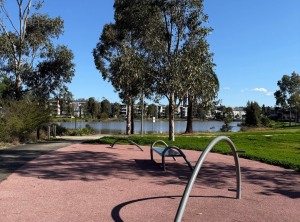
Inclusive Fitness in Jordan Springs Village Centre Lake
Inclusive Fitness in Jordan Springs Village Centre Lake If you’re looking for inclusive fitness options in Penrith, the Jordan Springs Village Centre Lake is the
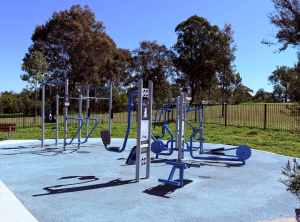
David Currie Playspace: An Accessible Exercise Park in St Clair
David Currie Playspace: An Accessible Exercise Park in St Clair If you’re looking for an inclusive and accessible place to enjoy the outdoors in Western
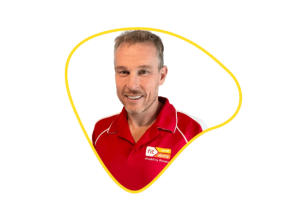
Join Million Moves Now
Join Us for Million Moves 2025! Did you know 75% of Australians don’t get enough movement to meet the minimum exercise requirements?For people living with
